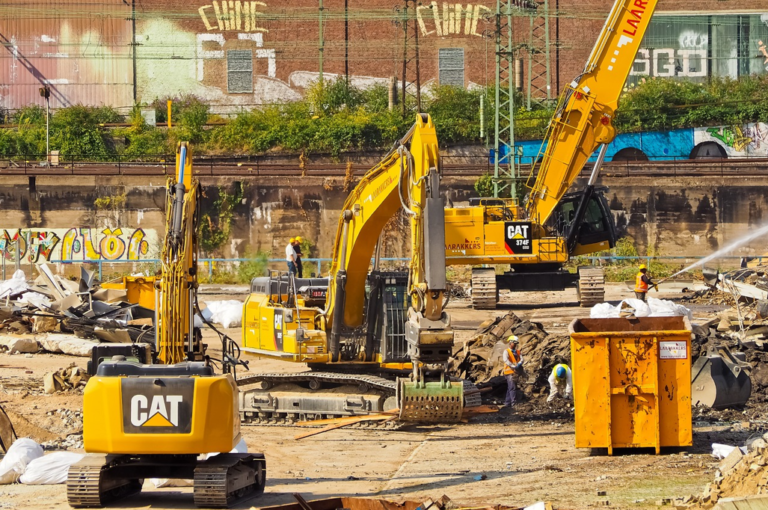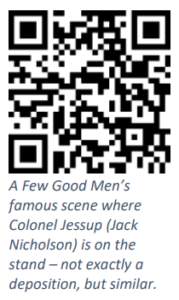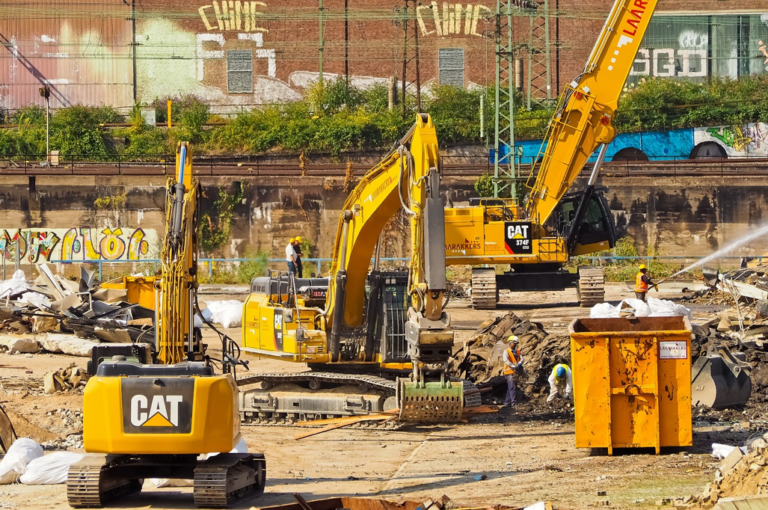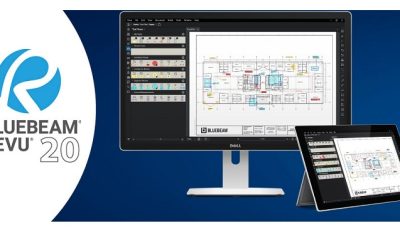Executive Summary. A deposition is an event in the legal process. Although here I’m talking specifically about construction, this can happen in any legal case.
Let’s start at ground zero: the legal process. In construction, the contract should lay out the process for the legal process – it is often called dispute resolution. The process in disputing a change goes something like this:
- A change is encountered by the Contractor.
- The Contractor notifies the Owner.
- A time and cost impact package is provided by the Contractor to the Owner.
- The Owner’s first line of defense will answer (i.e., the Officer in Charge, or Owner’s designee).
- If the Contractor doesn’t agree with the answer in #4, it goes up the ladder to a higher authority (maybe a Contracting Officer, or an executive of the municipality like a Director or a Cabinet member).
- If the Contractor still disagrees with the decision in #5, then lawyers get involved and the matter goes to mediation or arbitration.
- If #6 is unsuccessful, the Contractor must sue the Owner.
Every contract and every Owner are different, but that is roughly the program in construction dispute resolution.

So, when does the deposition happen? A deposition is a legal event in which a lawyer seeks to obtain facts about a case from a person in a live interview. Cases in construction can include:
• Personal injury resulting from a demolition accident
• Differing site condition claim involving a soil classification discrepancy
• Destruction of utility valve owned by a 3rd party
• Labor inefficiencies resulting from cumulative impacts
• The importance of as-builts in the construction process
As you can imagine, these are all disputes in which I’ve been involved. Whether you are on the Plaintiff side (the party who brings the Complaint) or the Defendant side (the party who is being pursued), you can still be deposed.

What’s a deposition like? Attendees to a deposition, minimally, include you, your attorney, and the opposing attorney asking the questions, and the stenographer who is preparing the transcript. You’re either on a remote platform or you’re in person. If you’re in person you’re likely in a conference room because there are at least half a dozen folks in the room.
If you’ve done zero to just a few depositions, it can be a nerve wracking experience. You’re constantly thinking of how not to mess up the case with a wrong answer or an answer which is misinterpreted by opposing counsel. It can be frustrating to be challenged by opposing counsel who is trying to discredit your testimony.
The deposition usually starts with the opposing counsel explaining the way a deposition works – it goes something like this:
Opposing counsel talks about perjury: “Okay. Even though we’re in a very informal setting, that being a Zoom conference call, the oath you just took to tell the truth under penalty of perjury, that carries with it the same force and effect as if you gave it in a court of law before a judge.”
Opposing counsel continues regarding attention to the court reporter: “Okay. There is a court reporter also on this Zoom conference call. And she is tasked with the unenviable chore of taking down everything that gets said during today’s proceeding. What is important for you to know about that is it’s important that we take turns in speaking to make sure that she’s able to take everything down correctly. And if we begin to talk on top of each other, which is natural, that makes her job very difficult. So please take time to wait until I finish with my question and we’ll try to do the best to wait until you finish your answer. Okay?”
Opposing counsel continues on the need for verbal answers: “Another thing that is very important, and it kind of just happened, is you have to give verbal or audible answers. And things such as nods of the head, hand gestures or “uh-huh” or “huh-uh” don’t translate well onto the written record. So if we ask you to — you know, was that a yes or was that a no, that’s why we’re doing it. And just for you to keep in mind, if you can keep that in mind and try to give verbal answers things will go much more quickly. Okay?”

This attorney wishes to make it clear that guesses are not desired by saying: “Alright. One thing that is important for this deposition, when we ask you questions we don’t want you to guess. And there’s a difference between a guess and an estimate. So I don’t know if your counsel took you through this, but there are — the difference basically between a guess and an estimate is an estimate is something you have some personal basis, some knowledge in order to give testimony about. For example, it may be it looks like you’re sitting at a very long conference table in your office. I’m sure you haven’t taken a tape measure to it to know its exact length, but in your experience you could look at it and you can give an estimate as to how long it is, you’d probably come within one foot, maybe even closer. However, if I were to ask you how long is the desk that I’m sitting at right now, you’d have no idea because you’ve never seen the desk. In fact, you don’t even know I’m sitting at a desk, right? So that would be the difference between a guess and an estimate. Okay?”
My story. The cases above were from personal experience. Depositions always start nicely like the above
lines of informational delivery; they can get very stressful. The most important things to know about a deposition are (1) tell the truth, (2) take your time in answering, (3) ask for the question to be repeated, and (4) keep it short – the attorney can always ask for more information.
Work safe!






0 Comments